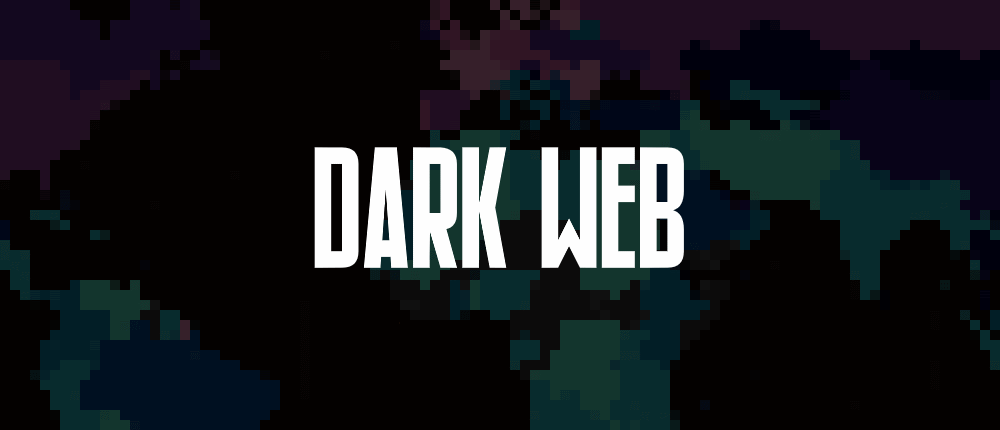The Dark Web, often synonymous with anonymity and illicit activities, harbors a vast and enigmatic realm of information that the general public rarely encounters. One of the most notorious portals to this hidden world is the Hidden Wiki. This underground site serves as a decentralized directory for various Dark Web resources, providing access to a plethora of information that ranges from the benign to the malevolent. Initially launched to act as a guide for users navigating the obscure corners of the Dark Web, the Hidden Wiki has evolved into a hub where secrets are exchanged, controversies are born, and scandals flourish. The Hidden Wiki provides an array of links to services and forums that operate under a veil of secrecy, facilitating activities such as the buying and selling of illegal drugs, weapons, and stolen data. However, it also contains links to forums discussing privacy rights, internet freedom, and cryptocurrency—topics that appeal to those advocating for personal liberty in the face of governmental surveillance. While this dual nature of the Hidden Wiki may seem paradoxical, it reflects the complex interplay between the positive and negative aspects of the Dark Web.

Users may venture onto the site seeking to engage in illegal activities, yet they may also discover communities dedicated to promoting privacy and freedom of expression. One of the most significant concerns regarding the Hidden Wiki and similar sites is the potential for exploitation and harm. The anonymity that the Dark Web provides can enable individuals to engage in malicious behavior without facing the consequences typically associated with their actions. For instance, many platforms linked through the Hidden Wiki offer hacking services, facilitating cybercrime that can result in significant financial loss and personal trauma for victims. Moreover, the lack of regulation and oversight on the Dark Web can lead to the proliferation of scams, as users are often left vulnerable to exploitation without any means of recourse. Additionally, the hidden wiki serves as a repository of information on various scandals that have shaped public discourse.
The site provides access to leaks, whistleblower reports, and classified documents that unveil corruption and wrongdoing in government, corporations, and other institutions. This aspect highlights the paradox of the Dark Web; while it can be a breeding ground for illicit activities, it can also be a platform for transparency and accountability. The exposure of scandals through the Hidden Wiki can prompt public outrage and demand for change, showcasing the potential for this dark corner of the internet to serve a purpose beyond mere criminality. In summary, the Hidden Wiki exemplifies the duality of the Dark Web, where secrets and scandals coexist in a complex web of information. While it undeniably provides access to illegal services and harmful activities, it also serves as a platform for advocacy and the unearthing of truths that challenge powerful entities. This intersection of good and evil makes the Dark Web a fascinating, albeit perilous, space that continues to captivate those who seek to explore its depths. Understanding the implications of this hidden world is crucial as society navigates the fine line between privacy, freedom, and security in an increasingly digital age.
